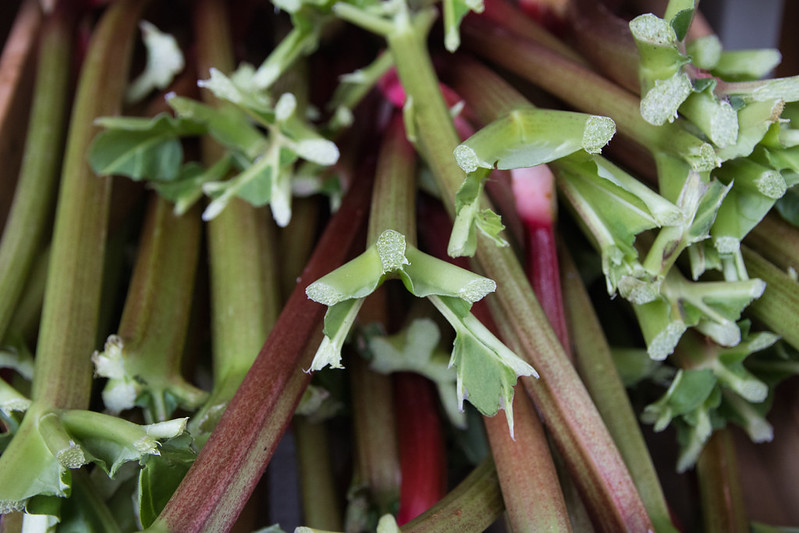Find more funding
There are many other organisations who may be offering funding that will help you, and our handy funding search tool brings them all together.
The NFUS carried out two full audits and two spot audits focused specifically on soft fruit and red meat, surveying over 70 stores operated by eight leading retailers: Aldi, Asda, Co-op, Lidl, M&S Food, Morrisons, Sainsbury’s, and Tesco.
The results show modest but encouraging progress in domestic sourcing, with Scottish produce now accounting for 19% of shelf stock—up 3% from earlier in the year. British-sourced products also rose by 5%, now making up 66% of offerings. These increases reflect seasonal availability and a growing awareness of the importance of local sourcing, but NFUS warns that significant gaps remain.

Among the eight retailers surveyed, Aldi emerged as the strongest supporter of Scottish produce. The retailer now stocks 41% Scottish-sourced items—a 7% increase since January 2025 and a 6% rise year-on-year. Its combined British and Scottish sourcing for own-label products stands at an impressive 88%, setting a benchmark for others to follow.
NFUS has outlined five key asks for retailers to improve their support for Scottish agriculture:

While the summer audits show signs of progress, NFUS emphasises that more must be done to ensure Scottish produce is fairly represented on supermarket shelves. The union plans to continue its “ShelfWatch” initiative, expanding its scope and frequency to hold retailers accountable and support Scotland’s food producers.
NFUS President, Martin Kennedy, summed up the challenge:
“Scottish farmers and crofters produce exceptional food to some of the highest standards in the world. It’s time for retailers to match that commitment by giving our produce the visibility and value it deserves.”
There are many other organisations who may be offering funding that will help you, and our handy funding search tool brings them all together.